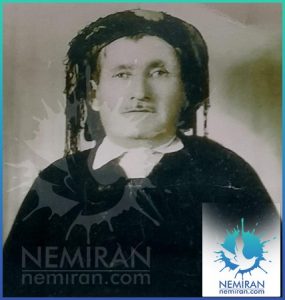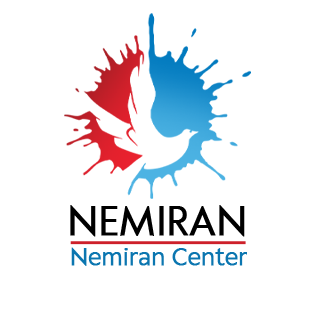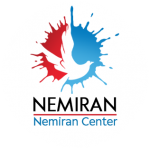Date of birth: 1291 Iranian Calendar | Father’s name: Ahmad
Date of execution: 4/1360 Iranian Calendar | Place of execution: Tabriz Prison
Burial place: Shawaleh Village, district of Naghadeh City
In June 1981 I was on my way to the base of the Patriotic Union of Iraqi Kurdistan on the Iran-Iraq border with several military units and a delegation from the Central Committee of the Komala Organization. It was very hot that day. We were divided into their units. I was staying with one of the comrades in one of their headquarters. My comrade slept and I waited for the 2pm radio news. The first message from the state radio was the announcement of the list of new executions. The first name the radio announced was my father Karim Kashani, the second was Mohammad Amin Hassan Abbasi. He was also from Naghadeh city. Those in the room didn’t know my father. I didn’t tell them anything about it and didn’t know what to do for a while. I wanted to cry, but I couldn’t. I woke up my comrade and told him that my father had been executed. I sat there for a while, shocked and in silence. I was far away from my family. I had no way of contacting them. We joined the other comrades. After consulting with the comrades of the Central Committee, we came to the conclusion that I should go to Naghadeh with two comrades to see my family. Many of the main roads were occupied by the armed forces of the Islamic Republic. After a three-day walk, we reached my family near Naghadeh. It was an excruciating pain to believe that the father and sole breadwinner of the family was no longer with us. A difficult new situation had arisen for the family. My brother and I were not with the family. After the war in Naghadeh we had joined the Kurdistan resistance movement.

The rest of the family and my father were evicted to Mahabad. My father was very reserved and generally played no role in the events of the time because of his family responsibilities and his old age. After some time of displacement and migration, my father decided to return to Naghadeh. He contacted a trusted acquaintance to find out if there was a lawsuit or legal process pending against him. His acquaintance had a good relationship with the judiciary. Local officials responded that there was no complaint or lawsuit against him. They assured that he and our family could return. They returned afterwards. Tense conditions ruled the city. The atmosphere was very heated and unsafe. The population of Naghadeh consists of a mixture of Kurdish and Azeri people. The war had taken place and hundreds of people on both sides had been killed. The repression against the Kurds was cruel. On the one hand the pressure of the government, on the other hand the pressure of some religious extremist Azeri families, who also worked closely with the government and had themselves risen to regional power. I don’t want to mention these families. A few days later, my father was arrested and detained. He was later transferred to Tabriz prison. When my father was arrested, we worked hard to get his release. I spoke to the Komala Central Committee. They promised to exchange some commanders and agents of the Islamic Republic who were in Komala captivity in exchange for my father’s release. I contacted those in charge of the regime through my acquaintances. They sent the message that they were powerless and could not arrange anything for his release. Some government circles were against it. It should be noted that during the reign of the overthrown Shah, these government puppets were associated with his government and the SAVAK (Iranian Secret Service in the Shah’s time). Unfortunately, my father was finally executed in Tabriz Prison in June. The prison authorities informed my family to go to Tabriz and receive my father’s body. My mother went to Tabriz and contacted the prison authorities. Government officials told my mother that she would have to compensate for the costs of the execution or she would not get the body. She quarreled with them and cursed them many hundred times. She had no choice but to pay for the execution. It was an amount of 800 Tomans in cash because they killed my father with 8 bullets. She also had to give a box of sweets to the execution team. The money and sweets for executions were intended to humiliate the victim’s families and the people and create horror. My mother never forgot all these humiliations, oppression and injustices. After a few years, she suffered a heart attack from the psychological pressure and grief over the loss of her husband. She left us alone forever.
My father had neither committed a crime nor participated in the war. He was only a victim of the barbaric act of the government circles in the city of Nagadeh. The irony of the story is that the court announced the release of my father and Mohammad Amin Hassan Abbasi nine months after their execution.
Looking back on his youth, my father was very dedicated. In the era of the Mahabad Republic he was responsible for the cavalry of the autonomous Kurdish government. This is the message from our family: we neither forgive and we nor forget. The responsibility for the massacre of people and political prisoners rests with this medieval barbaric regime, its perpetrators and functionaries. The only way to free the oppressed people is to overthrow the criminal Islamic government.
Author: Soleyman Kashani 15/6/2021

